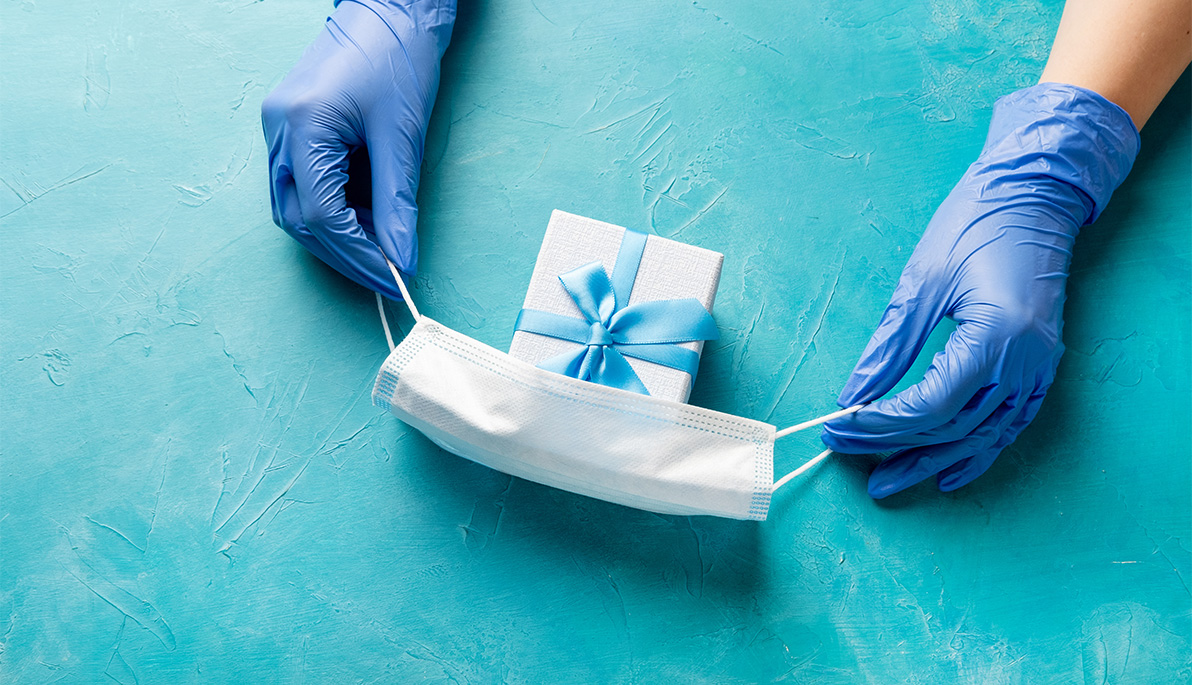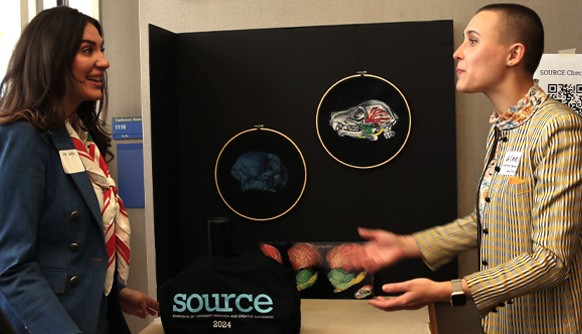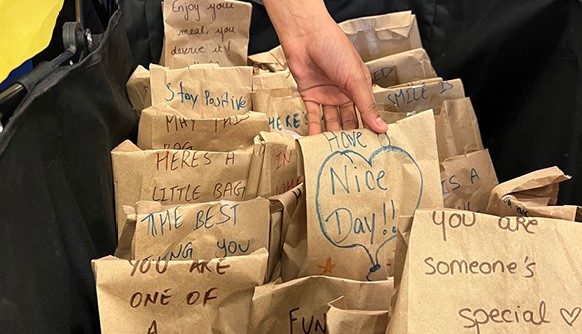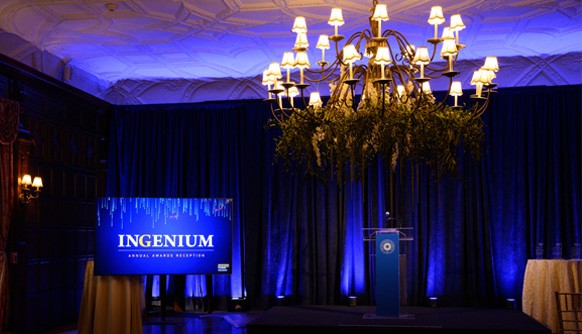News
Spreading Good Cheer or COVID-19?
December 9, 2020
During a holiday season like no other, some will visit friends and family with the intention of sharing the joy and good cheer that was missed throughout much of 2020. However, as a New York Institute of Technology public health expert explains, they could also inadvertently spread COVID-19.
“As of December 2, the Centers for Disease Control and Prevention (CDC) has reported more than 13.4 million cases of COVID-19 and over 267,000 deaths in the United States since the start of the pandemic,” says Brian Harper, M.D., vice president for equity and inclusion and chief medical officer of New York Tech’s Academic Health Centers. “This represents an increase of over 2 million cases and 17,000 deaths in just the past two weeks.”
Leading up to Thanksgiving, health officials reminded Americans of recent super-spreader events, including a Maine wedding with deadly impacts. According to Maine health officials, one individual who was positive for COVID-19 attended an August 7 wedding with a reduced guestlist of 62 people. By November 12, health authorities had identified 178 cases connected to the event, with at least seven people dead and three others hospitalized—none of whom attended the wedding but contracted the virus from someone who did.
The event is just one of many super-spreader events that have made headlines since COVID-19 began dominating the 2020 news cycle. Yet, regardless of these accounts and continued warnings from officials, many will still spend the holidays with those outside of their household. In recent memos to the New York Tech community, Harper, who is also a former Suffolk County health commissioner, has reminded the university’s students, faculty, and staff to remain vigilant. He noted that even smaller gatherings with downsized guest lists can still pose a public health issue.
Harper also notes that the holiday surge has resulted in a more intense focus on potential vaccines. While he is optimistic about the progress being made, he warns that there are a number of additional steps and logistical actions that must still be taken before mass vaccination is complete. In the meantime, he urges individuals to continue adhering to the CDC’s COVID-19 guidelines.
“Vaccination of an entire population is a very complex process and will take time. Therefore, we should all continue to engage in our community mitigation activities such as wearing masks, maintaining physical distancing, washing hands thoroughly and frequently, and remaining at home if ill or symptomatic,” says Harper.





